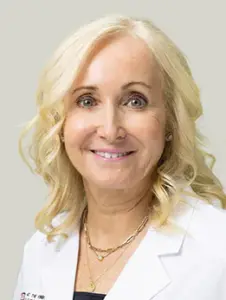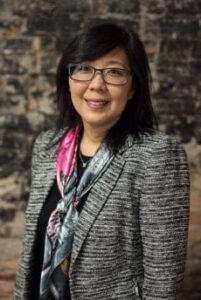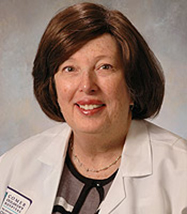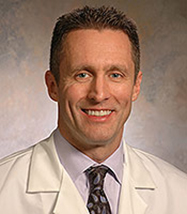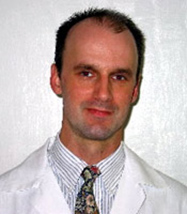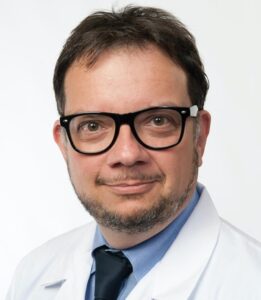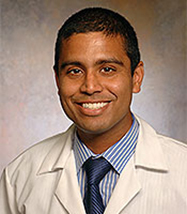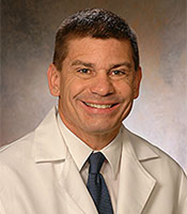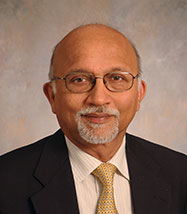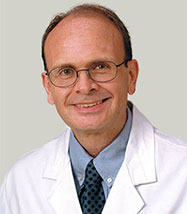
Thomas J. Kelly, MD
2019–2020 SENIOR FACULTY SCHOLAR
Department of Neurology
Bio
Dr. Kelly is an Associate Professor in the Department of Neurology. He completed his medical school training and internship at Rush Medical College. Tom completed his Neurology residency training at the University of Chicago after which he joined the faculty as one its first dedicated general neurologists. Over the years, Dr. Kelly has held the positions of residency training director, outpatient clinic medical director, interim department chair, and co-chair for clinical operations.
As a general neurologist Dr. Kelly has built the outpatient urgent care component of the department as a service to patients who need to be seen quickly. In addition to his clinical dedication he is committed to student and trainee education. Tom supervises outpatient residents in both continuity and urgent care and Neurology residents have voted Dr. Kelly teacher of the year on 4 occasions. Also, each year, he delivers lectures to Pritzker students on the treatment of Parkinson’s disease and migraine, and he co-organizes the annual medical school clinical skills “Neuro Day.” This program is for Pritzker MS 2’s and provides the entire class exposure to neurology patients, neuroradiology, and instructive clinical video materials.

